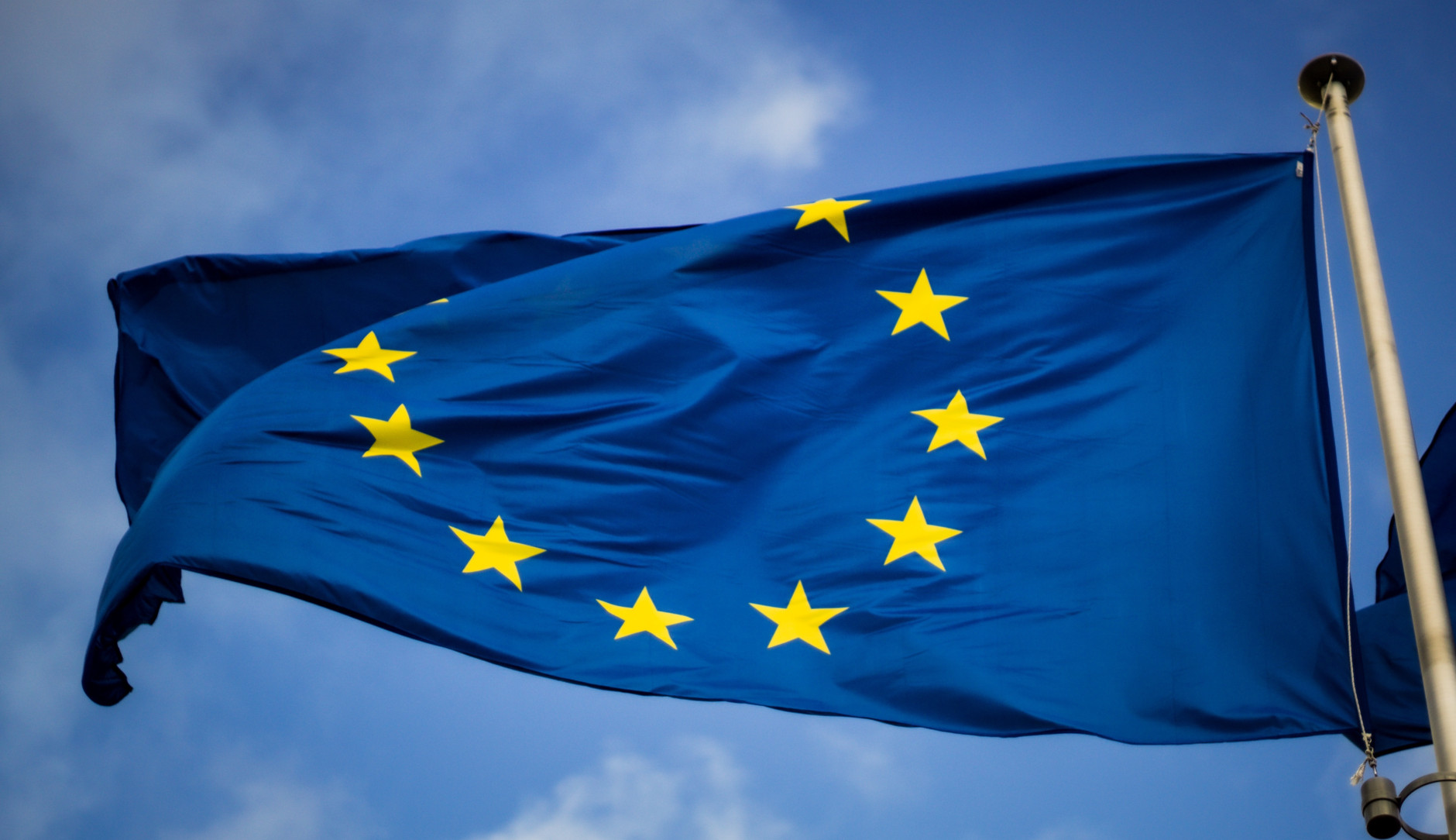The State of the EU in 2022: We need a stronger, reformed European Union
The SOTEU speech provides a response to the current crises in Europe, but it didn’t lay out a detailed plan to address institutional shortcomings.

In this year’s State of the European Union (SOTEU 2022), the president of the European Commission, Ms von der Leyen, attempted to bring European institutions into people’s everyday lives. Her message was clear: with the pandemic, the devastating climate impact on Europe, the war on Ukraine and subsequent migration streams, the energy crisis, and the rising inflation, Europe has to stand together.
While her speech and the legislation proposed Wednesday provide immediate responses to the current crises Europe is facing, it did not lay out a detailed plan to address the severe institutional shortcomings that this Union is still struggling with 15 years after the last reform.
The EU has always faced difficulties in safeguarding common European interests, as it had to contend with the local interests of each individual member state when dealing with issues that affect us all. This is no coincidence, as our treaties were designed to safeguard the national interests of member states. The veto granted to the member states is a clear example. Indeed, whilst it is important to make sure the EU considers each member state, in recent years the nature of our problems is demonstrating how our individual national interests can stand in the way of collective European action to European problems. This has often undermined the leadership of Europe in geopolitics and the effectiveness of its policies at home.
In the current context, it is abundantly clear that this fragmentation prevents us from producing fast internal answers to the large, common problems of Covid-19 and the Russian invasion of Ukraine. EU citizens and national leaders are realising that our decision mechanisms are not fit for purpose anymore. We are starting to realise we need new, more effective governance models to protect common European interests and values. Ms von der Leyen has realised this too, and declared that she would support a European Convention, meaning the reform of the Treaties:
‘We need to change the way we do things. Some might say ‘this is not the right time’. But if we are serious about preparing for the world of tomorrow, we must be able to act on the things that matter the most to people. And as we are serious about a larger union, we have to be serious about reform. I believe the moment has arrived for a European convention.’
Ms von der Leyen did not, however, specify what this treaty reform process should focus on.
At Volt we say: let’s start with what citizens have clearly stated matters to them at the Conference on the Future of Europe. For this reason, we ask for the end of the EU Council veto and for decision making via qualified majority, to vote in those things that matter to us all.
These should be the first steps towards a common, democratic and transparent European governance. The EU should become a true parliamentary democracy, where a Prime Minister, elected by the European Parliament, leads a federal cabinet of ministers and guides the day-to-day policy work of the Union. The establishment of a true European government, which is currently lacking, is a necessary step towards the creation and application of effective, common European policies.
The unexpected difficulties we faced collectively in the last three years should become a boost for European integration rather than a breaking point. We are all in this together, as European citizens, as a European community. We need to stand united, as indeed we are in a monetary, commercial, political and regulatory Union that is more than the sum of its parts. We are so interdependent that we need to have stronger democratic European powers to enable Europe to face common challenges with common solutions.
This article is co-authored by Francesca Romana D'Antuono (co-President of Volt Europa), MEP Damian Boeselager, Duarte Costa (co-President of Volt in Portugal) and Silvia Panini (Board Member of Volt in Italy).